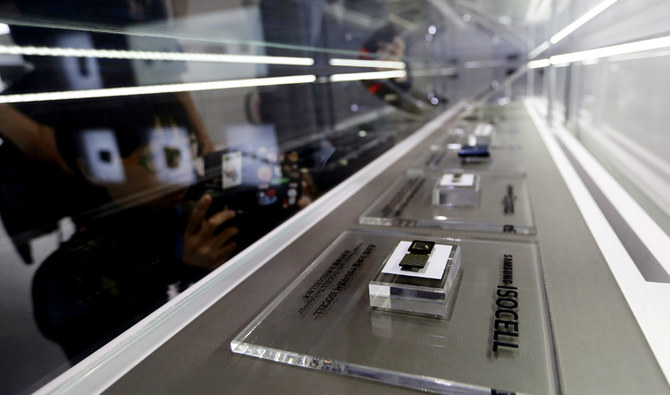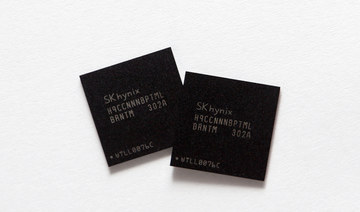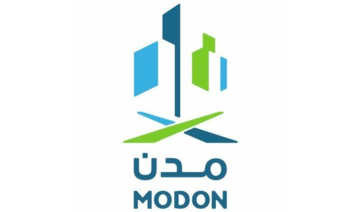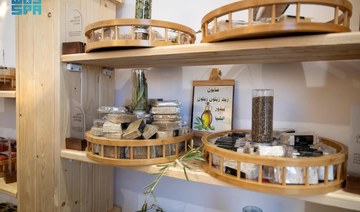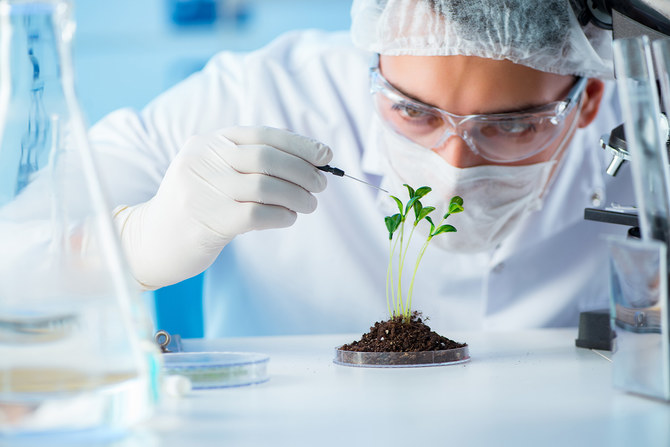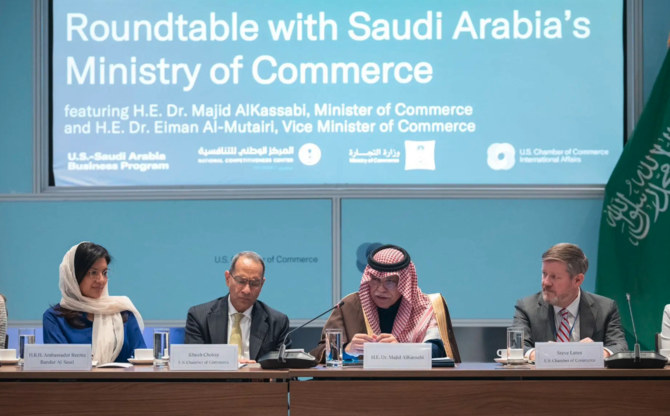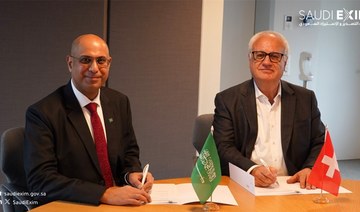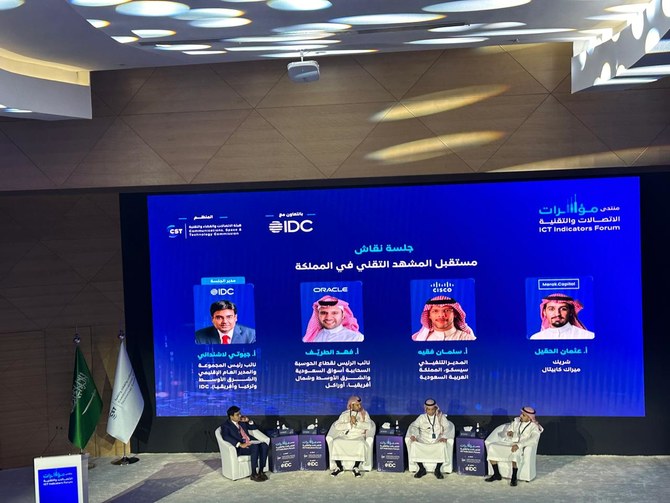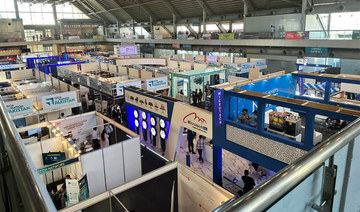SEOUL: Samsung has started testing non-Japanese materials used in producing state-of-the-art semiconductors amid a deepening trade dispute between Seoul and Tokyo.
According to company sources, the South Korean chipmaker has begun testing hydrogen fluoride etching gas from China, Taiwan and some local suppliers.
The etching gas — one of three materials that Japan has decided to restrict shipping to South Korea — is crucial for producing semiconductors since it is used in removing excess material around circuit patterns on silicon wafers.
“We’re testing hydrogen fluoride etching gas from companies outside Japan, such as Taiwan and China, in an effort to diversify supply sources,” a Samsung official told Arab News, asking not to be identified. “We’re also searching for local suppliers of the chemical.”
Testing from new suppliers, however, is to expect to take at least six months, and it remains to be seen if the quality of non-Japanese etching gas will be high enough to be used in the production of semiconductor, the official said, refusing to elaborate new supply sources.
SK Hynix and LG Display have also started testing of non-Japanese high-purity hydrogen fluoride to minimize the impact of Japan’s trade embargo, according to the company officials.
Binhua Group of China is known to be one of the Korean firms’ new suppliers for the etching gas. According to Shanghai Securities News, the chemical company based in Shandong has signed an agreement with South Korean chipmakers to supply etching gas.
The gas needs to be 99.999 percent pure for it to be used in chipmaking. Companies in Japan maintain top technology levels in the field, taking up to 90 percent of the global market.
HIGHLIGHT
Samsung is the world’s largest chipmaker.
On July 1, Japan announced it would curb shipments to South Korea of three materials used for chip and display production — fluorinated polyimide, photoresists and hydrogen fluoride. The move is widely seen as punitive action for a recent court ruling here that orders two Japanese firms to compensate wartime forced laborers.
With the Moon Jae-in administration rejecting Tokyo’s demand for third-party arbitration, Japan is expected to take the dispute to the International Court of Justice.
Japanese companies can still export high-tech materials to South Korea, but they are required to get a license from the government. The license could take 90 days to come through even if they are approved.
Samsung Electronics and SK Hynix, the world’s two biggest memory chipmakers, have been hit hardest by the tougher export controls by the Japanese government, as both semiconductor manufacturers rely on Japanese supplies for the materials.
According to the Korea International Trade Association, South Korea imported about 92 percent of photoresists and 43.9 percent of hydrogen fluoride from Japan.
Analysts believe the Japanese trade restrictions will compromise Samsung’s next-generation semi-conductor businesses, such as those based on 7-nanometer chip fabrication. The 7-nano chips are made with technology involving extreme ultraviolet lithography, which requires the use of photoresists.
“Samsung was scheduled to mass-produce 7-nano-chips from the latter half of this year with the supply of photoresists from Japan’s supplier, JSR,” said Lee Mi-hye, a researcher at the Export-Import Bank of Korea.
“JSR-made photoresists are produced in Belgium, so it’s not subject to the restrictions for now. But the foreign branches of Japanese firms would be vulnerable to regulations in the near future.”



